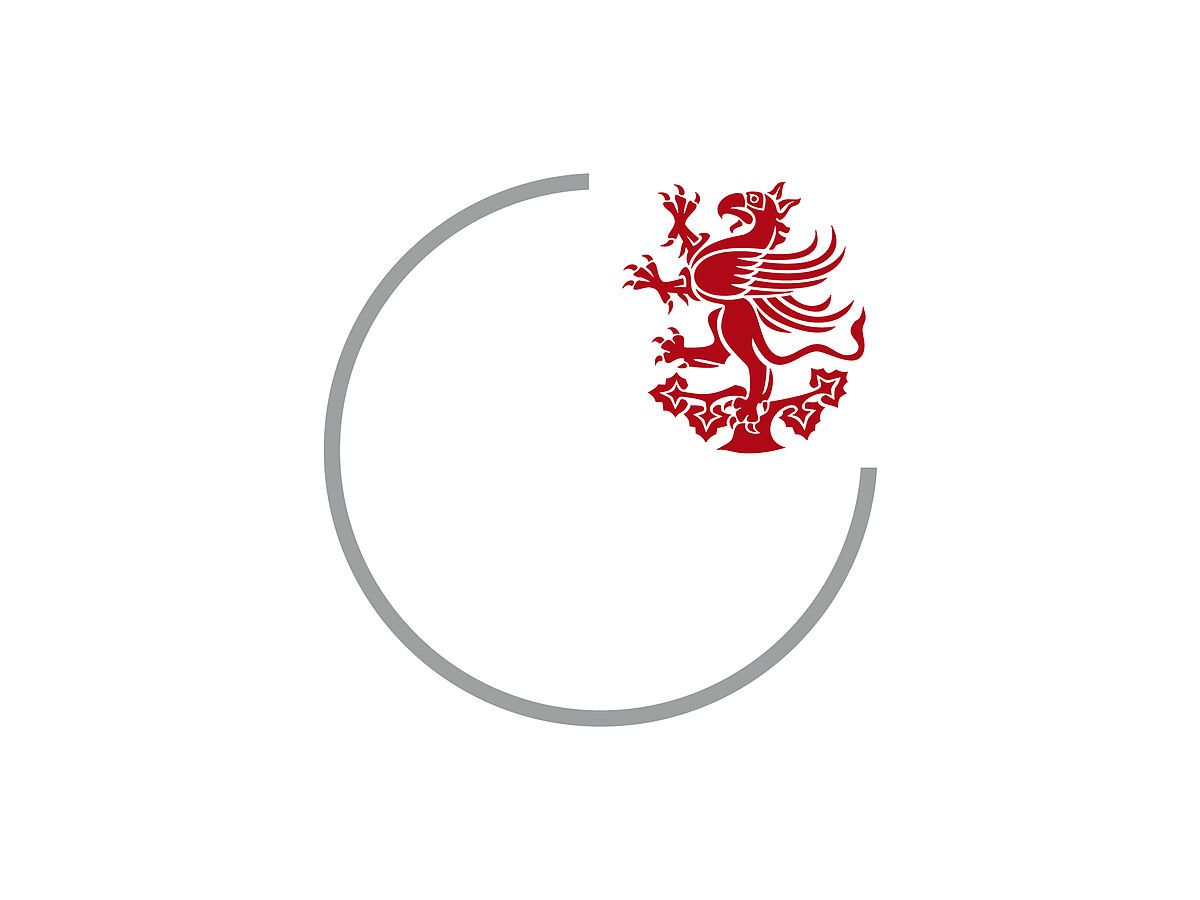
Professor Dr. Anja Tippner
Senior Fellow, April to September 2025
University of Hamburg
- 2002 Habilitation at the Christian-Albrechts-University Kiel. Topic of the habilitation thesis: “The permanent avant-garde? Surrealism in Prague”, Venia Legendi for Slavic Philology
- 1995 Doctorate at the University of Hamburg. Dissertation topic: “Alterity, translation and culture: Čechov's prose between Russia and Germany”
- 1983-1990 Studied German, Slavic and English philology in Frankfurt am Main, Hamburg and Leningrad, graduating with a Magister Artium degree
Fellow project: "Silences and Repercussions: Holocaust Literature from the Former Pale of Settlement"
The Holocaust was underrepresented in the USSR’s official memory culture and literature and has remained a fraught topic for successor states (esp. Lithuania, Russia, and Ukraine). Narratives and testimonies about the “Holocaust by bullets” except for Babyn Yar are also scarce in other literatures. Though the former Jewish pale of settlement was a major killing site during World War II, Holocaust literature from the region plays an insignificant role in the literary canon of the Holocaust and more broadly in cultural memory. The project aims to present the aesthetic challenges of narrativizing the “dispersed Holocaust” and to introduce seminal texts that address the complicated and fraught making of Holocaust literature in Soviet times. The goal is to further the integration of texts representing the “dispersed Holocaust” and this specific Jewish experience into the world literary canon and memorial culture. The project is structured by the following research questions: How does the lack of available testimony shape fictionalization and genre in literatures of the region? What is the significance of the unprocessed archive in relation to catastrophic writing? What are the after-effects of this literary history in today’s transnational second- and third-generation writing? How did the inherent multilingualism of the Jewish experience complicate mnemonic transmission? And finally, how does the lack of accessible testimony enable the instrumentalization of the Holocaust in contemporary conflicts?
